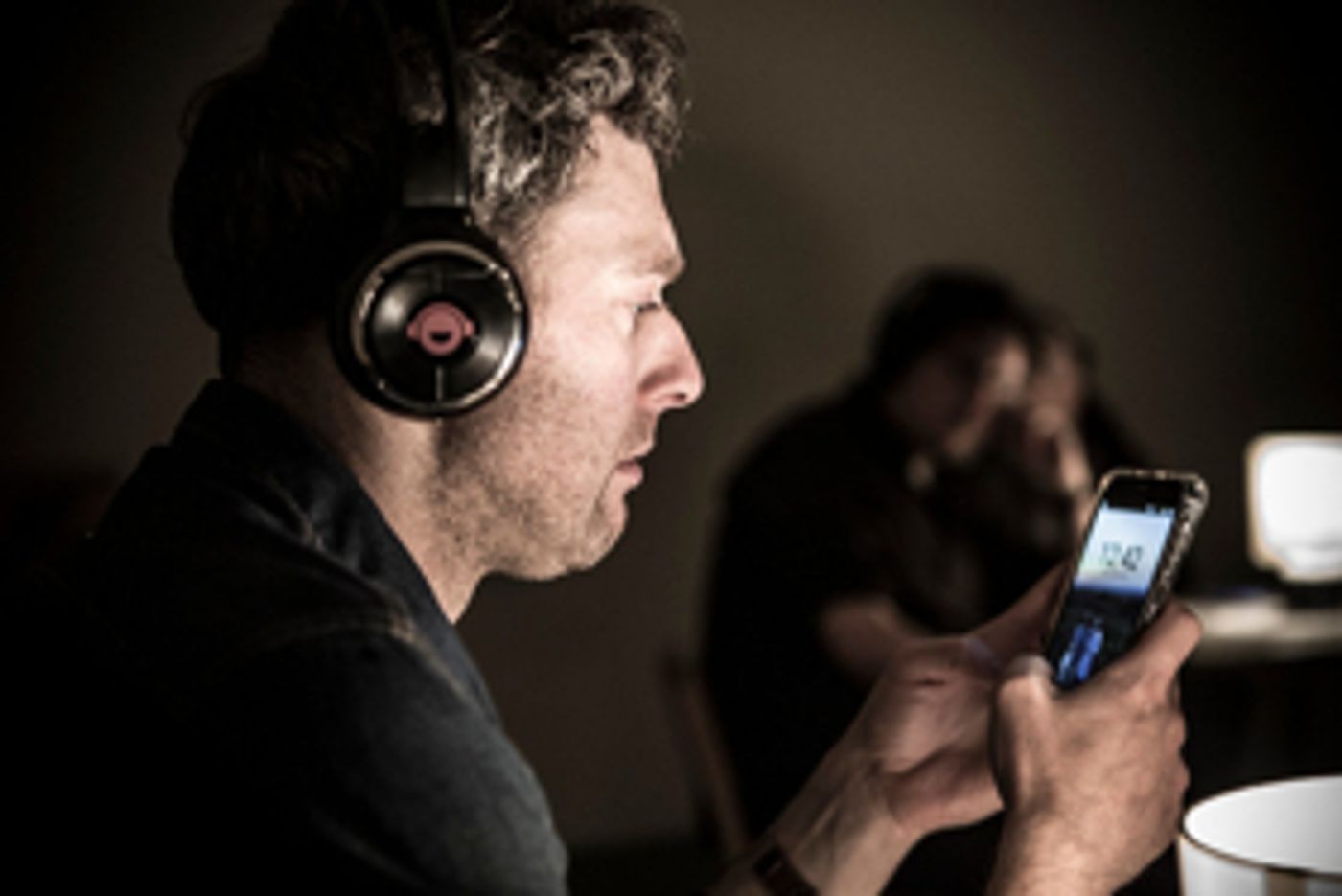Review: USER NOT FOUND, The CoffeeWorks Project, Battersea Power Station

![]() 25 years ago, Liam Gallagher warbled "Live Forever" at the birth of Britpop - and it just seemed like another riff on an enduring wish. But there's always been a darker side to such dangerous dreams - to be caught in limbo, to be both here and in the unknowable beyond, to haunt.
25 years ago, Liam Gallagher warbled "Live Forever" at the birth of Britpop - and it just seemed like another riff on an enduring wish. But there's always been a darker side to such dangerous dreams - to be caught in limbo, to be both here and in the unknowable beyond, to haunt.
25 years ago, there was no internet, just Clive James and Al Gore talking about the "Information Superhighway", something for academics and geeks and, if you'd been to Paris, a souped-up, anglicised Minitel. Now we have a digital self, a second life (as a once popular app called it) - some of us might have two or more.
So when real life comes to an end - and few see that coming with the clear eye you need to sort things out properly - what happens to one's digital life? It stays there, acquiring likes on Instagram, seeding algorithms on Facebook, receiving emails from princes down on their luck who just need £100 to release £1m. Awkward...
"What now?" is the question posed by Dante or Die's USER NOT FOUND - and it's a good one.
Most days, Terry goes to the coffee shop (in which we just happen to be sitting), where he drinks his peppermint tea and observes the other regulars. He daydreams about their lives - as writers do - and wonders about his own, which is now a bit dull, a bit predictable, a bit vanilla after the break-up with Luka, his livewire ex-lover. There's a lot of displacement activity in play - what would coffee bars do without that after all?
But Luka, seven months after walking out on Terry, has died and Terry is suddenly plunged back into his life - his digital life - as he, almost on a whim years ago, agreed to be Luka's digital executor.
Badgered by emails, Terry has to process two lots of grief at once - the first loss of Luka (the break-up) and the second (the death) - not easy. As he works his way through his own grief, he discovers a Luka that he didn't know - not a secret life as such, more a different set of priorities, memories that are monuments in Terry's eyes are barely recorded by Luka's digital self. And he sees, with eyes tinged green, Luka's post-Terry life too.
And there's the nagging question - do you hit "Delete" or not?
Chris Goode has written a monologue for our times, a rare full-on engagement between theatre and technology, not just in the headphones and mobiles we use during the performance, but also in the lives of its subjects. There's interesting video work (dreams are another of Terry's multiple realities) by Preference Studio and Yaniv Fridel's music and sound prove critical to one's mediation between those worlds.
Terry O'Donovan's Terry is a warm presence - we all know that catharsis is coming, but it's not overdone and O'Donovan stays just the right side of maudlin in his memories and confessions of love. We believe his pain, the dull ache caused by the gap Luka left (and leaves).
Perhaps the greatest plaudits go to director, Daphna Attias, who both retains the site specific qualities of the coffee bar, lending intimacy and verisimilitude to the tale, while creating a wholly theatrical experience. It just wouldn't work in a traditional theatre space.
If there's a bit of sagging in the 90 minutes or so all-through and perhaps a slightly unsuccessful borrowing from performance art in some sections, there's much to admire in a production that is as postindustrial as its setting. And, prompted by the show, I've already had a conversation about my digital legacy - maybe you should too.
USER NOT FOUND is at The CoffeeWorks Project, Battersea Power Station until 2 June.
Reader Reviews
Videos

